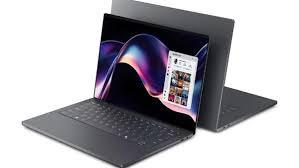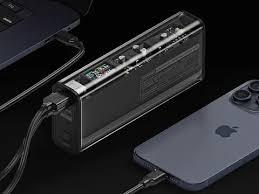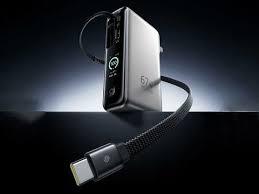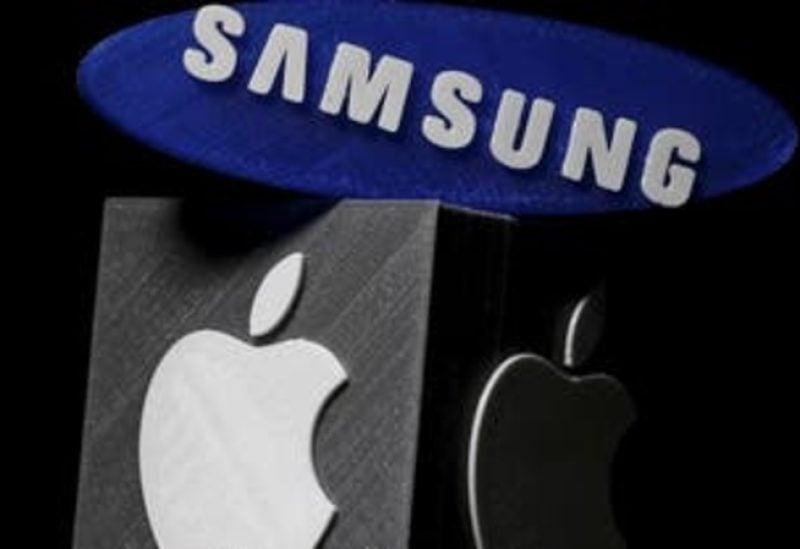By : Mohamed Shauky
The Middle East and Africa (MEA) personal computing devices (PCD) market, which is made up of desktops, notebooks, workstations, and tablets, suffered a slight year-on-year decline in shipments during the final quarter of 2019, according to industry analysis conducted by International Data Corporation (IDC). The global technology research and consulting firm's latest Quarterly PCD Tracker shows that a total of 5.5 million units were shipped across the region in Q4 2019, down 0.9% on Q4 2018.
"The biggest decline was seen in South Africa, where the country's overall economic performance was slow," says Fouad Charakla, IDC's senior research manager for client devices in the Middle East, Turkey, and Africa. "The business confidence index remained low, unemployment levels remained relatively high, and the rand's exchange rate against the U.S. dollar remained weak, altogether weakening PCD demand in the country and having a considerable negative impact on shipments.
"There was another huge decline in the UAE, where market sentiment remains on the weak side. This is having a negative impact on demand from both the commercial and consumer segments. And while the final quarter of the year saw shipments for the annual month-long 'Dubai Shopping Festival', which took place at the very start of 2020, demand continued to soften compared to the previous year."
A number of other countries suffered considerable declines in shipments, including Algeria, Pakistan, Nigeria, Morocco, Egypt, Lebanon, and the Rest of Middle East sub-region (which incorporates Iran, Iraq, Syria, Yemen, Afghanistan, and Palestine).
"On the flip side, Turkey experienced an astounding increase in shipments year on year, as the country continued to recover from the slowdown it suffered a year ago," says Charakla. "The growth in Turkey was almost big enough to mitigate the impact of the declines in all the countries mentioned above, which is why the region experienced only a soft decline overall. A massive delivery of over 500,000 Samsung tablets into Egypt's education sector also helped buoy the market."
In the PC segment, HP continued to lead by a significant margin, despite losing some share after suffering a year-on-year decline in shipments. Lenovo experienced strong growth to capture greater market share, while Dell also experienced some unit growth but still suffered a loss of share.
|
Middle East & Africa PC Market Vendor Shares – Q4 2018 vs. Q4 2019 |
||
|
Company |
Q4 2018 |
Q4 2019 |
|
HP Inc. |
32.0% |
29.1% |
|
Lenovo |
21.0% |
23.6% |
|
Dell |
16.9% |
16.6% |
|
Others |
30.2% |
30.7% |
In the tablet space, Samsung remained in first place owing to the massive education deal the vendor delivered in Egypt. Apple and Lenovo ranked second and third, respectively.
|
Middle East & Africa Tablet Market Vendor Shares – Q4 2018 vs. Q4 2019 |
||
|
Company |
Q4 2018 |
Q4 2019 |
|
Samsung |
37.9% |
31.8% |
|
Apple |
8.3% |
9.8% |
|
Lenovo |
5.6% |
8.7% |
|
Others |
48.1% |
49.7% |
"Looking ahead, IDC expects PCD demand to continue declining slowly over the coming years," says Charakla. "Commercial demand will remain relatively stable; however, home users will continue to shift away from computers and tablets to other technologies. However, for both Q1 2020 and the year overall, IDC has revised its forecast further downwards due to the COVID-19 outbreak, which has caused the temporary closure of several factories and manufacturing plants in China. As a result, supplies of various goods, including computers and tablets, will also most likely suffer. The decline in shipments for 2021 onwards is expected to be much softer."













































































